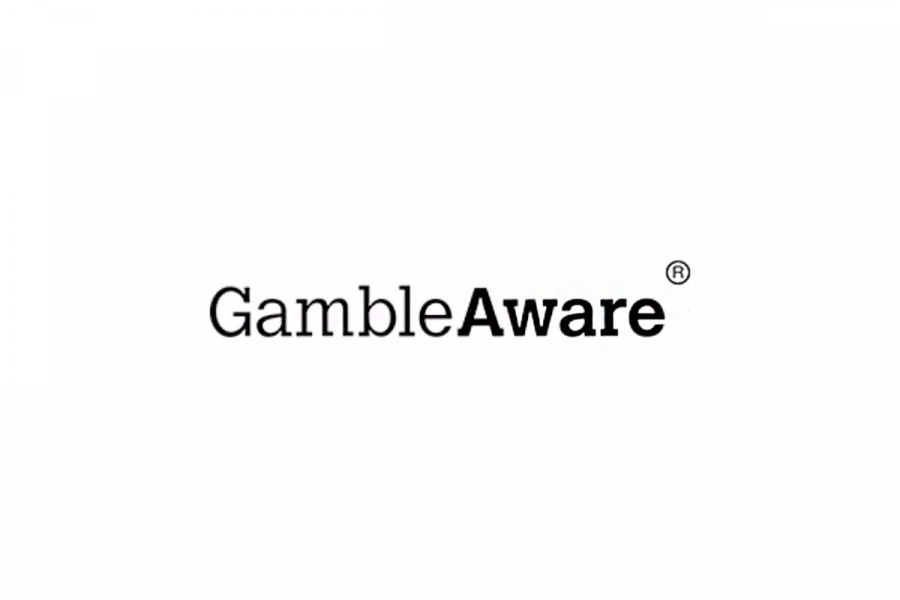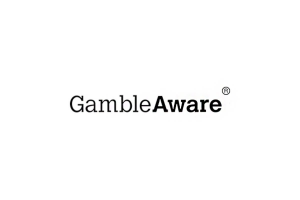GambleAware warns LGBTQ+ community may be at higher risk of gambling harm

The body has published the results of a new study.
UK.- The gaming industry-backed grant-making body GambleAware has reported that the LGBTQ+ community may be at a higher risk of gambling harm. A study that it commissioned concluded that The study noted that “gay and bisexual men and young lesbian and bisexual women may be at increased risk and may experience greater harms associated with gambling”.
Researchers from the University of Brighton were commissioned to undertake the scoping study LGBTQ+ People and Gambling Harms: A Scoping Review to obtain a better understanding of the lived experience of gambling harm in the community in Britain. They studied articles published between 2000 and 2023 and analysed evidence on LGBTQ+ people’s access to gambling-harm support services.
The study found that gay and bisexual men could be 3.4 times and gay and bisexual women 2.5 times more likely than their heterosexual counterparts to experience gambling harms. Transgender and non-binary youth were also found to be more likely to experience gambling harms. The highest risk was associated with transgender women.
The study’s summary said: “Whilst research in this area is limited, there is some evidence to suggest that fears around disclosure of sexuality or transgender status, and anticipated stigma, may be a risk factor for gambling harm, where gambling offered a form of escapism.”
GambleAware intends to fund more research in the area and has set aside £297,900 for an 18-month project to explore lived experience. Applicants can submit proposals until February 12.
In December, GambleAware published the results of new research into discrimination and problem gambling. The publication came as the charity hosted its annual conference yesterday.
The new research conducted by Ipsos UK and ClearView Research found that people from minority communities who experience some form of gambling problem have 50 per cent more chance of also experiencing racism or discrimination in public. The study, which also involved the participation of the University of Manchester, focused on potential links between the two issues.










